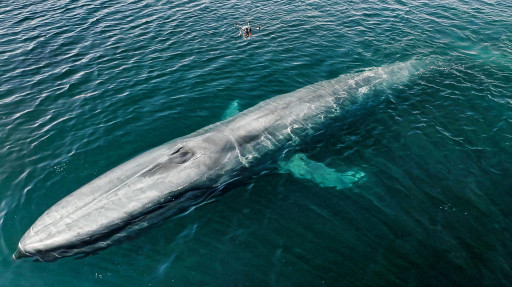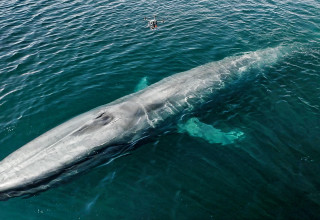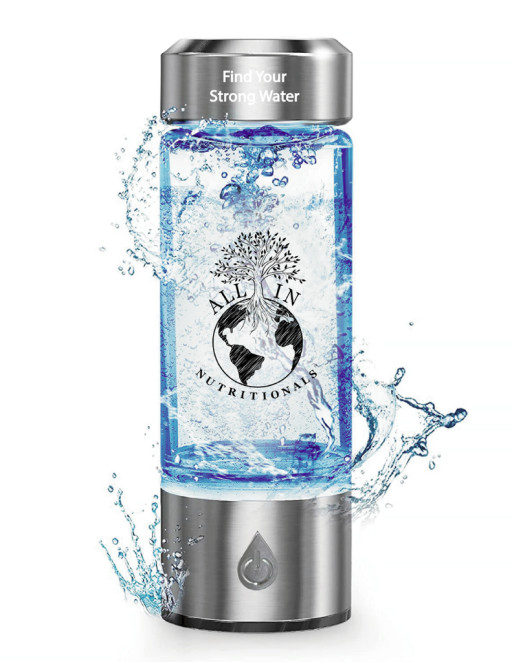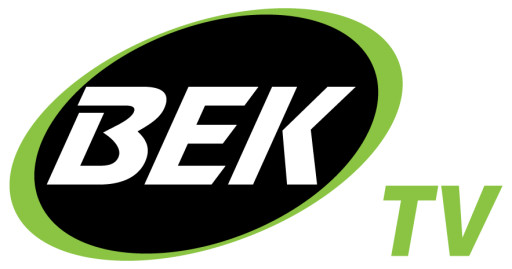GLOUCESTER, Mass., April 19, 2023 (Newswire.com) - For the first time ever, Ocean Alliance and their collaborators have successfully deployed suction cup data-tags on blue and fin whales in the Gulf of California using a drone (UAV). This new deployment method is detailed in an April 2023 publication in the journal Royal Society Open Science and could have significant positive implications for whale science and conservation. Deployment of Biologging Tags on Free Swimming Large Whales Using Uncrewed Aerial Systems. R. Soc. open sci. April 19, 2023 https://royalsocietypublishing.org/doi/10.1098/rsos.221376
This work shows that UAVs are capable of attaching biologging tags to free-swimming large whales. This method may hold advantages for studying vulnerable or hard-to-study species by potentially reducing stress from tagging activities. The work was carried out in collaboration with researchers from Ocean Alliance, Stellwagen Bank National Marine Sanctuary, Universidad Autónoma de Baja California Sur, University of Michigan, and Syracuse University.
"The ability to use the aerial platform for tag deployment provides a huge step forward for the science. This method allows for tags to be attached to whales that might otherwise be difficult to approach with a boat and minimizes any disruption to their normal behaviors. This gives us an opportunity to better understand their behavior to aid in conservation efforts." Dr. Susan Parks, whale acoustics expert and Biology Professor from Syracuse University.
Biologging data tags are critical tools for marine mammal research. The tags are equipped with specialized sensors for recording depth, orientation, acceleration, temperature, acoustics, and even video.
In addition to reduced behavioral impact, "efficient tag deployment enables targeting of specific animals in a group or multi-animal tagging. This ability to target an individual animal and/or doubling or tripling sample size for an experiment will greatly enhance the science and our understanding of these animals." Dr. Alex Shorter, Mechanical Engineering Professor University of Michigan.
Stellwagen Bank National Marine Sanctuary Research Ecologist Dr. David Wiley, who has used suction-cup tags to study the behavior of whales for almost 30 years, said, "A lot of time and funds have gone into improving tag design and capability, but this is the first real improvement in tag delivery!" Wiley also stated, although the use of UAVs for tag attachment is a major advancement, it, "Takes more than just the desire and a drone to make it happen. The synergy of combining our expertise and experience greatly contributed to our success."
Learn more at instagram.com/SnotBot or www.whale.org.
About Ocean Alliance
Dr. Iain Kerr leads Ocean Alliance's Drones for Whale Research Program. Ocean Alliance is a 501(c)3 non-profit whose mission is to protect whales and their ocean environment through research, scientific collaboration, public education, and the arts.
Dr. Iain Kerr
CEO, Ocean Alliance
[email protected]
978-281-2814 ext 600
Chris Zadra
Drone Program Manager/Drone Pilot
[email protected]
978-281-2814 ext 300
Alicia Pensarosa
Assistant Director, Ocean Alliance
[email protected]
978-281-2814 ext 100
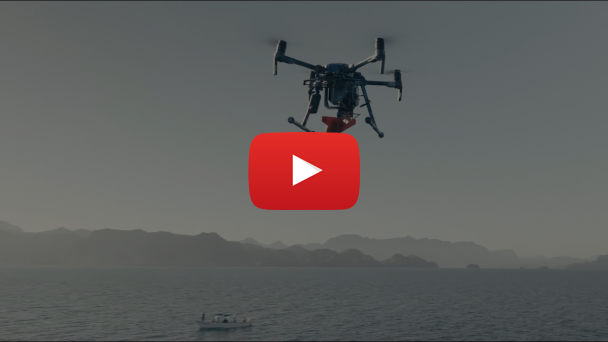
Related Images
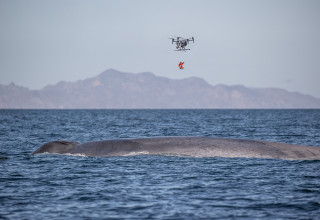
SnotBot Tagging Blue Whale
Ocean Alliance's SnotBot Drone deploying a bio-logging tag on a blue whale in the Gulf of California, Mexico. Credit: Christian Miller\/Ocean Alliance
Original Source: Ocean Alliance Announces First-Ever Successful Drone-Based Tagging of Endangered Blue and Fin Whales

